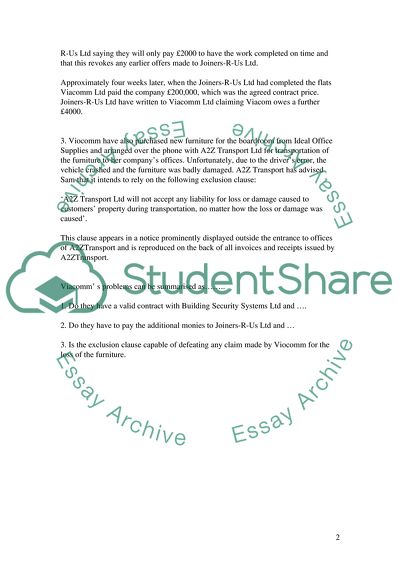Cite this document
(“HND Common Law Essay Example | Topics and Well Written Essays - 2000 words”, n.d.)
HND Common Law Essay Example | Topics and Well Written Essays - 2000 words. Retrieved from https://studentshare.org/law/1552229-common-law-assignment-1
HND Common Law Essay Example | Topics and Well Written Essays - 2000 words. Retrieved from https://studentshare.org/law/1552229-common-law-assignment-1
(HND Common Law Essay Example | Topics and Well Written Essays - 2000 Words)
HND Common Law Essay Example | Topics and Well Written Essays - 2000 Words. https://studentshare.org/law/1552229-common-law-assignment-1.
HND Common Law Essay Example | Topics and Well Written Essays - 2000 Words. https://studentshare.org/law/1552229-common-law-assignment-1.
“HND Common Law Essay Example | Topics and Well Written Essays - 2000 Words”, n.d. https://studentshare.org/law/1552229-common-law-assignment-1.


